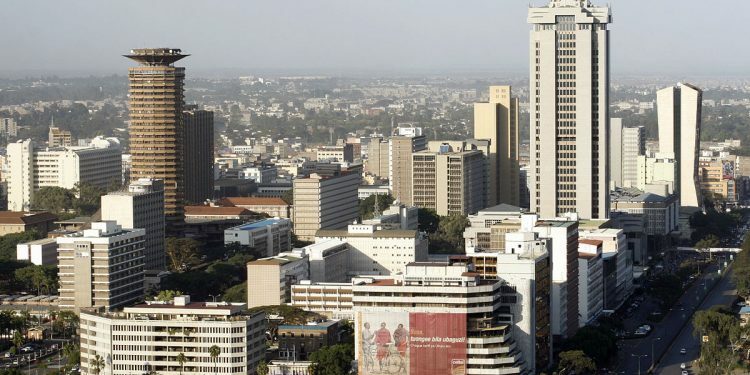Kenya’s private sector activity increased for the third month in January due to enhanced operations in the agriculture, manufacturing, services, wholesale, and retail sectors.
The Markit Stanbic Bank Kenya Purchasing Managers Managers’ Index (PMI) increased to 52.0 in January from 51.6 in the previous month. A PMI score above 50.0 indicates an expansion in business activity, while a score below 50.0 suggests a decline.
For the second month running, construction was the only monitored sector to see a decline in sales, contrasting with rises in agriculture, manufacturing, services and wholesale & retail.
S&P Global
Despite the respondents’ worries about inflation resulting from elevated taxes and a depreciating shilling, the recent survey indicated that inflation rate was 9.0% Year on Year in January, which was a decrease from 9.1% the previous month. Nevertheless, this figure is still higher than the government’s desired range of 2.5-7.5%.
Additionally, the Kenyan shilling continued to experience a decline, closing the year with a 9% decrease against the US dollar, following a series of all-time lows in 2022.
July, 2022 Kenya’s private sector activity declined to a 15-month low according to the Markit Stanbic Bank Kenya Purchasing Managers’ Index (PMI), which fell to 46.3, below the 50.0 no-change mark for the fourth consecutive month.
The decline was due to the uncertainty of the upcoming election and inflationary pressures that deterred customers from committing to new projects.
Read Also: Kenya’s Private Sector Hits 15-Month Low in July Amid High Inflation – PMI




